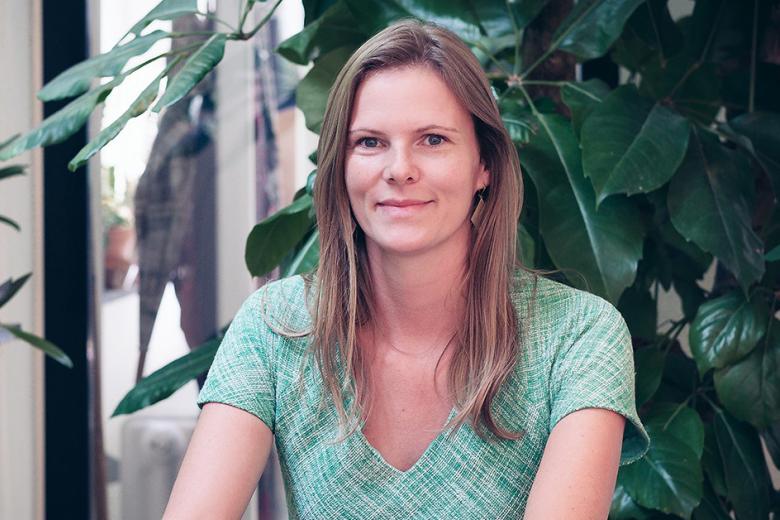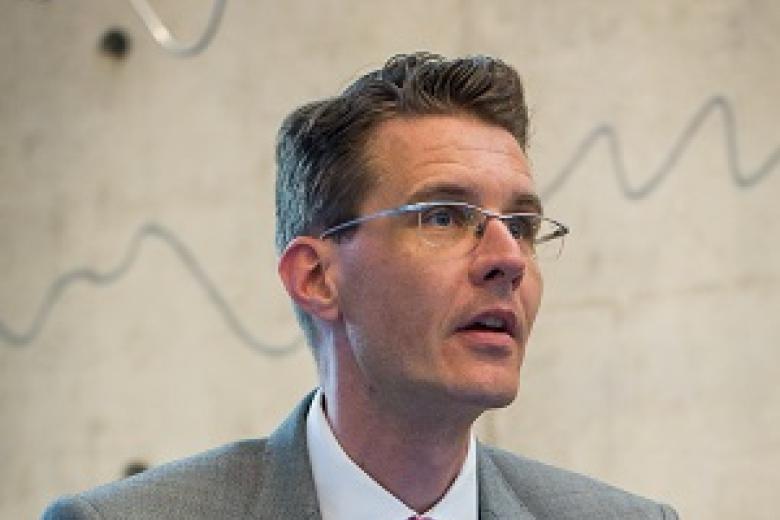Human Decisions and Policy Design
What role do emotions play in our decisions? Can 'choice architecture' nudge consumers into selecting the best-value, healthiest or most suitable options? As society ages, can we expect our pensions to remain secure? How do incentives affect management behaviour in firms, regulatory authorities and banks? What is the most effective way to provide public services? Should the world’s wealth be distributed more equitably – and if so, how? Answering challenging questions such as these requires us to look beyond the limitations of the hyper-rational Homo economicus on which classical economics was predicated, and toward the much more complex Homo behavioralis we see in the mirror.
Taking a highly interdisciplinary approach, this team of some 30 core and affiliated researchers draws on the methods and insights provided by cognitive and social neuroscience, economics, finance, accounting and marketing. Their work, which builds on the long-standing strengths of the cross-faculty Maastricht University Center for Neuroeconomics (MU-CEN), includes both fundamental and applied research, and will centre on three key areas: human behaviour and motivation, incentives and governance, and financial well-being.
With the aim of producing outputs that can help address problems such as obesity and poverty, support the United Nations’ Sustainable Development Goals, and improve laws, financial practices and government policies, Human Decisions and Policy Design researchers will focus not only on broadening our understanding of the decisions made by individuals and societies, but on helping to provide the evidence base for building more effective and equitable institutions.
Visit another one of our research themes:
From the moment we wake up in the morning, every one of us makes thousands of decisions every day, and each one of them has an impact on our life, health and financial well-being
Lisa Brüggen, leader of the Human Decisions and Policy Design research theme







